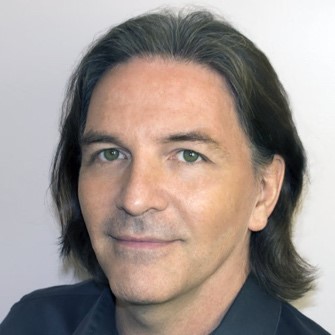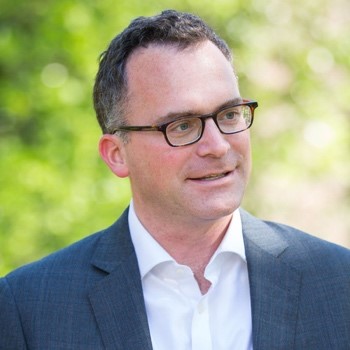Events
Basic Page Sidebar Menu Perry World House
Join Perry World House for the first The World Today of the 2019-20 academic year.
In this edition of The World Today, Rod Schoonover and Perry World House Penn Faculty Fellow Michael Weisberg will discuss the growing necessity for climate change action, including considering the risks climate change poses to national security. “The intelligence community has repeatedly warned of the dangers that climate change poses to national security,” wrote Schoonover, including threats to food and water security; worsened public health outcomes; greater displacement and migration; as well as economic and political instability.
In 2018, the Intergovernmental Panel on Climate Change (IPCC) warned policymakers that the world has perhaps twelve years to avoid serious harm from climate change, with many scientists urging that action must begin to take place before 2020. Taking place the day before the first ever presidential candidate event focused solely on climate change, this conversation will highlight the urgency of climate action by the current U.S. presidential administration, the winner of the 2020 elections, and beyond.
REGISTER HERE
 Rod Schoonover is Adjunct Professor of Foreign Services at Georgetown University. From 2009 to 2019, he was a Senior Analyst in the Bureau of Intelligence and Research at the U.S. Department of State. His work was primarily focused on the implications of environmental and ecological change on national security and foreign policy. He has previously served as Director of Health, Environment, and Natural Resources at the National Intelligence Council and full Professor of Chemistry and Biochemistry at California Polytechnic State University, San Luis Obispo.
Rod Schoonover is Adjunct Professor of Foreign Services at Georgetown University. From 2009 to 2019, he was a Senior Analyst in the Bureau of Intelligence and Research at the U.S. Department of State. His work was primarily focused on the implications of environmental and ecological change on national security and foreign policy. He has previously served as Director of Health, Environment, and Natural Resources at the National Intelligence Council and full Professor of Chemistry and Biochemistry at California Polytechnic State University, San Luis Obispo.

Michael Weisberg is the Inaugural Perry World House Penn Faculty Fellow and Professor and Chair (on leave 2019-2020) of Philosophy at the University of Pennsylvania. He also serves as the Editor-in-Chief of Biology and Philosophy and co-director of the Penn Laboratory for Understanding Science and the Galápagos Education and Research Alliance. Weisberg received a B.S. in Chemistry and a B.A. in Philosophy from the University of California, San Diego in 1999, and continued graduate study in Philosophy and Evolutionary Biology at Stanford University, earning a 2003 Ph.D. in Philosophy.
His research group focuses on methodological issues arising in the life and social sciences, especially the ways that highly idealized models and simulations can be used to understand complex systems, as well as public misconceptions about science. Weisberg also co-leads several community science and community conservation initiatives in the Galápagos archipelago.

